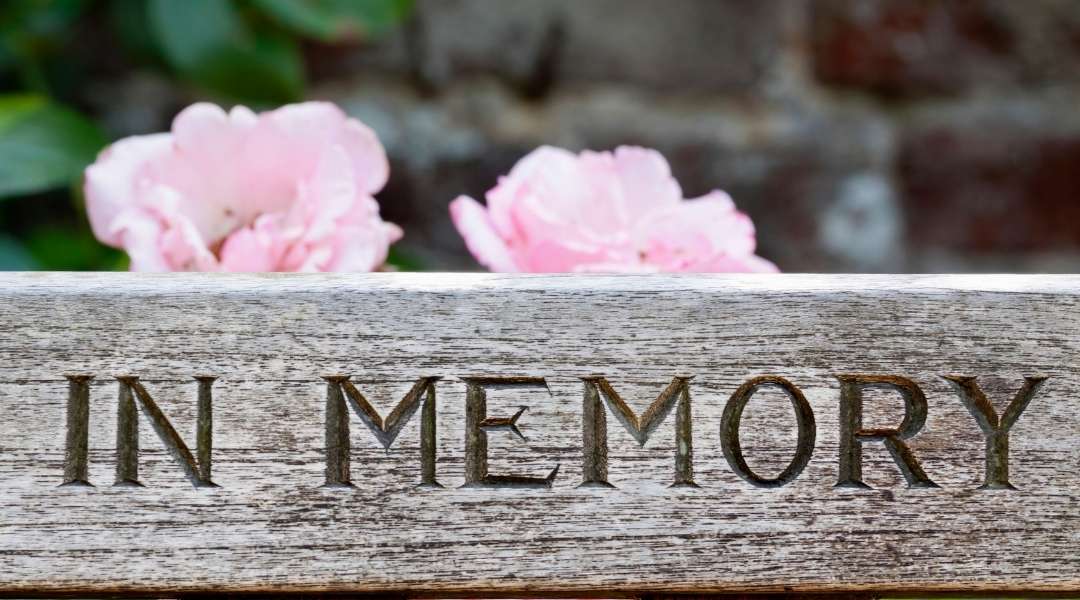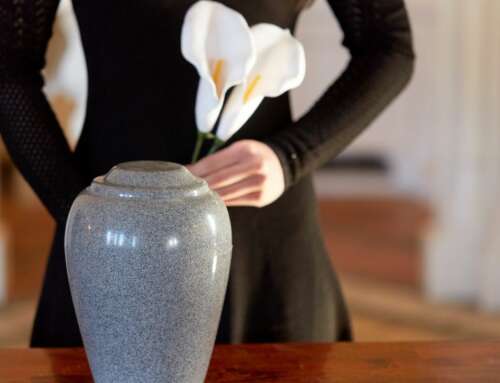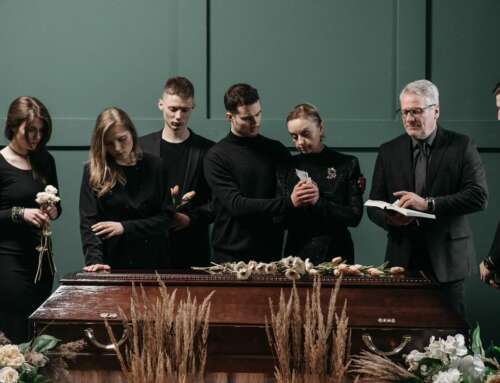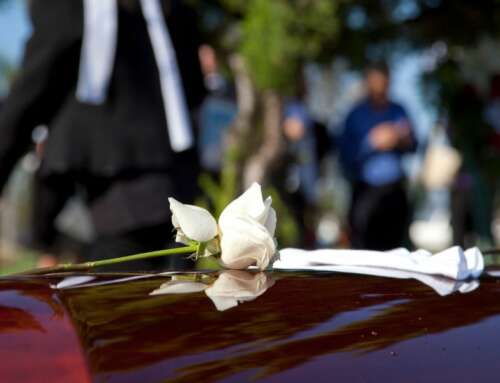You’re dealing with a loss, grappling with emotions that seem unbearable. Memorializing your loved one can help in this journey toward healing. This process provides tangible reminders of the dearly departed. It gives you an opportunity to express grief openly while creating unique expressions of remembrance like marker inscriptions or planting memorial trees.
As humans are wired for connection, these acts are crucial links between our past, present-day reality, and future expectations. They help nourish hope amidst despair.
Honoring the Deceased
Being mindful of the importance and value brought into our lives by those we have lost, you may feel an innate desire to honor their memory. This urge is far from a new phenomenon; humans have honored deceased loved ones throughout history.
Consider ancient monuments like the Egyptian pyramids or recent memorials such as Ground Zero in New York City. All of these were built for remembrance. This desire to remember manifests itself on smaller scales, too, such as crosses marking sudden deaths by roadsides, cherished toys left atop children’s graves, and spontaneous shrines at locations of tragic events. These are signs of our collective need to remember and connect with departed souls who made an impact during their lifetime.
Times have changed, and customs have evolved. Now, more people are opting for cremation instead of traditional burial. This results in the remains being kept at home, usually out of sight.
Expressing Feelings of Loss
Certainly, the act of expressing feelings of loss represents a crucial step in your grieving process. As you articulate these emotions, consider various methods at hand; not all involve words on paper. Perhaps painting becomes your chosen avenue for unspoken thoughts to ooze out; colors often encapsulate sentiments that phrases can’t.
A meticulously crafted piece could convey more than silence ever allows. Consider music a soothing balm for grief’s jarring impact on our hearts and minds. This connection to music, a powerful force, can provide emotional healing for invisible wounds. These wounds may be present within us but remain unseen to the naked eye.
Lastly, compassion towards oneself is central here. Give permission to embrace this journey’s pace over time, notwithstanding societal pressures dictating speedier resolutions for such intimate matters.
Connecting with Family and Friends
Social media plays a significant role when it comes to nurturing your connections with family and friends during the grieving process. This digital platform allows you to express emotions openly while receiving support from loved ones near or far.
You can post cherished pictures or memories of those who have passed on, fostering a sense of community amidst the sorrow. However, be wary as this medium also brings its own set of challenges, such as unwanted attention, which may infringe upon your privacy rights.
Moreover, insensitive remarks can add to emotional pain instead of alleviating grief. Social media has given rise to new forms of memorialization, such as crowdfunding campaigns for funeral expenses. This is an innovative way for people to offer comfort and financial support to bereaved families during this difficult time. It is clear that social media plays an important role in our lives today.
Moving Towards Closure
An integral step in your journey towards closure involves finding a personal way to commemorate the lost one. Remembering their unique attributes can guide this process. Perhaps they had contagious laughter or were known for bravely chasing sunsets. These beautiful memories are precious and worth honoring in a memorial.
The creation of such tribute results from careful planning that deeply engages loved ones’ personalities in its design concept. Not only does it reflect their life, but it also provides you with control over how the narrative will end. This is essential in arriving at acceptance and is a major factor in finding closure.
Hence, designing memorials tailored to our passed beloveds becomes much more than just setting up physical reminders: they become symbolic bridges between past fondness and present acceptance, signifying the start of reconciling with grief while fostering hope for a better tomorrow.
Establishing an Ongoing Legacy
Consider establishing an ongoing legacy when thinking about how to continue your loved one’s story. This powerful act helps you cherish their memory profoundly and lasts across generations. You might set this up through scholarships or endowments in their name at schools they attended.
Another respected approach is launching charities reflecting causes close to their heart. Such gestures celebrate the special person and extend help beyond immediate circles.
If they were artistically inclined, they could create showcases exhibiting art pieces or compositions that encapsulate who they are as individuals. Alternatively, if writing was their passion, publishing collections of memoirs and letters can be another soul-nourishing path for sustaining shared memories.
Remember, though, no size fits all when it comes down to honoring someone dear we’ve lost.
Celebrating a Life Well-Lived
Navigating through the stages of grief can be tricky. You may sometimes feel lost or confused about how to cope with your emotions, but that’s perfectly normal during this challenging time. One key way you can begin to heal is by celebrating and honoring the life of your departed loved one.
You might consider creating a memorial as part of this process. Memorials allow us to connect deeply with our feelings while reflecting on cherished memories we hold dear.
They act as symbolic bridges between the past and present. These treasured relationships remain close to our hearts, even after they are gone. To keep their memory alive and pay tribute to them, digital platforms like HUG can help. HUG enables us to create and share multimedia content honoring these special individuals from anywhere at any time.
The online community aspect offers solace, too; knowing that others understand what you’re experiencing eases the loneliness inherent in grieving processes since shared struggles tend to forge powerful bonds.
Ultimately, memorialization fosters healing during grief. When you honor your loved one with funeral services, it validates their life’s value. It helps you express pain healthily while still feeling connected to it.
Remembering those who have left us promotes acceptance of the loss over time, enabling smoother emotional recovery.







Leave A Comment